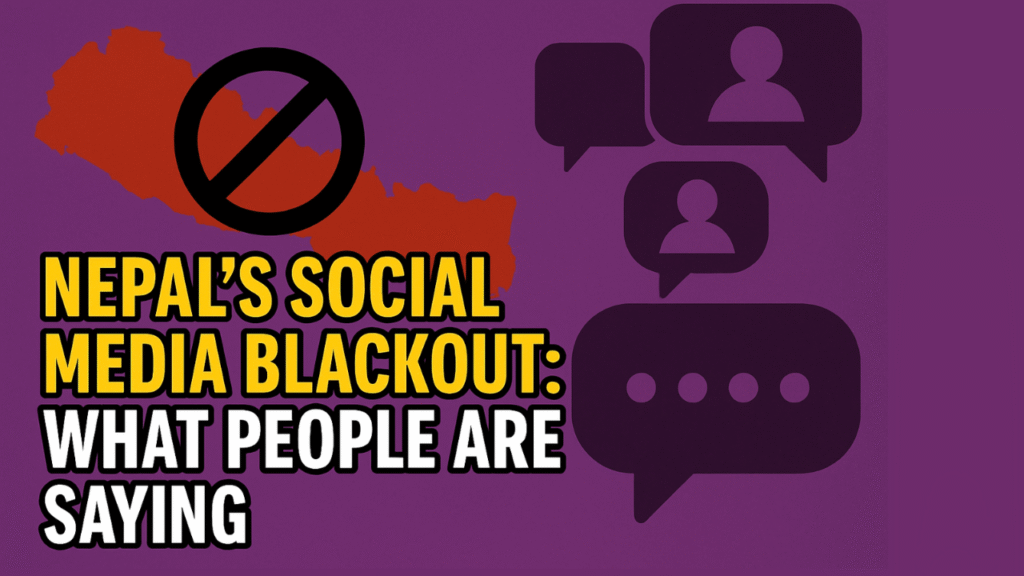
Nepal’s decision to block 26 social media platforms including Facebook, Instagram, YouTube, X, and WhatsApp—has left the nation divided. For some, it’s a necessary step to enforce accountability on tech giants; for others, it’s a serious attack on freedom of expression and digital progress.
In this blog, we dive into the different opinions and reactions surrounding the ban and explore what it really means for everyday users, businesses, and Nepal’s digital future.
Government’s Perspective: “Regulation, Not Censorship”
From the government’s side, the ban is not about silencing voices but about regulating foreign tech platforms. Officials argue that social media companies earn massive revenues from Nepali users but show little accountability to local laws.
Key arguments from the government include:
- Platforms must register locally to operate legally.
- A local representative should be available for grievance handling.
- Self-regulation is necessary to reduce misinformation, hate speech, and cybercrime.
To them, this is about digital sovereignty—ensuring global companies follow Nepalese rules just as they do in larger markets like India or the EU.
Youth Opinion: “This is Digital Repression”
Young Nepalis, who make up the largest user base of these apps, see the ban as an outright attack on freedom and opportunity.
- For students, social media is a tool for learning, networking, and even applying for scholarships.
- For job seekers, platforms like LinkedIn and Facebook are gateways to opportunities.
- For creators and influencers, Instagram and YouTube are their primary sources of income.
Many feel cut off from the global community. As one Kathmandu university student expressed: “The world is on Instagram and YouTube. Without them, Nepal feels digitally isolated.”
Business Community: “A Blow to the Digital Economy”
Entrepreneurs, marketers, and small businesses are among the hardest hit.
- E-commerce sellers use Facebook and Instagram ads to reach customers.
- Restaurants, salons, and travel agencies promote themselves on TikTok, Facebook, and WhatsApp groups.
- Freelancers and IT service providers depend on these platforms to find clients.
With the ban, ad campaigns have stopped, communications are disrupted, and small businesses fear losing income. For many, this feels like an economic lockdown in the digital space.
Civil Society & Activists: “A Threat to Free Speech”
Human rights groups and activists argue that while regulation is necessary, a blanket ban is excessive. They fear that such actions could be misused to control dissent or silence voices critical of the government.
Their opinion is that:
- Regulations should be clear, transparent, and gradual.
- Citizens should not lose access overnight without alternatives.
- Freedom of speech must be protected, even while addressing harmful content.
For them, the ban feels like a slippery slope toward censorship.
Ordinary Citizens: “Mixed Feelings”
Not everyone is against the move. Some ordinary citizens, especially parents, welcome the ban.
Their reasons include:
- Social media addiction among youth has been rising.
- Fake news and misinformation often fuel political or communal tensions.
- Online scams and harassment cases are common.
One middle-aged shopkeeper in Pokhara said: “Maybe a little break from Facebook and TikTok will do our kids some good. But cutting everything at once feels extreme.”
This reflects a generational divide—younger people see it as repression, while some older citizens see it as discipline.
Global Reactions: “The World Is Watching”
International observers are also weighing in. Analysts say this ban sends a confusing message to investors just as Nepal is seeking to grow its digital economy.
- Countries with stricter internet rules, like China, may see Nepal’s decision as a move toward digital sovereignty.
- Democracies and human rights groups, however, see it as a threat to openness and expression.
Globally, Nepal risks being labeled as a country where digital freedom is fragile, which could hurt its image.
What Could Happen Next?
The debate around the ban has opened several possibilities:
- Temporary Ban, Conditional Return – Platforms may return if they register and comply with Nepal’s laws.
- Long-Term Restrictions – If companies resist, Nepal may continue the blackout, forcing citizens to rely on VPNs or alternative apps.
- Middle Path – Negotiations could lead to modified compliance rules, balancing regulation with access.
Public pressure, protests, and legal challenges may also influence how long the ban lasts.
Closing Thoughts
Nepal’s social media ban has sparked a storm of opinions. The government calls it regulation; youth call it repression; businesses call it economic suicide; parents call it discipline.
In truth, all sides have valid points. Platforms must respect local laws, but citizens also deserve access to tools that connect them to the world. The challenge for Nepal lies in finding the right balance—regulating without suffocating innovation, securing without silencing, and enforcing rules without alienating its own people.
👉 What’s your opinion on Nepal’s social media ban? Do you see it as necessary regulation or digital censorship? Share your thoughts in the comments below!

